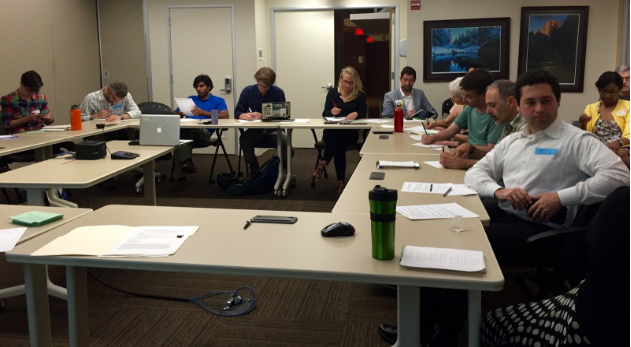 After nearly three years of relentless community pressure, champions on the DC Council finally passed it… the strongest climate law in the country!
After nearly three years of relentless community pressure, champions on the DC Council finally passed it… the strongest climate law in the country!
With a unanimous vote on Tuesday, the Clean Energy DC Act is heading to the Mayor’s desk to become law. Thanks to your focused work, the District of Columbia now leads the nation on climate policy. We will be powered by 100% renewable electricity by 2032, achieving this goal sooner any state in the country. We’ll have new and groundbreaking efficiency standards for existing buildings. (Buildings account for 74% of the District’s greenhouse gas emissions. This is a big deal.) We’ll raise tens of millions of dollars to finance renewable energy and energy efficiency projects and provide assistance to low-income DC residents, plus a jobs program. And we’ll tackle transportation by joining the emerging regional plan under the Transportation Climate Initiative.
 All told, the Clean Energy DC Act will reduce climate pollution in the District by a whopping 45%, and puts the District on track to meet our commitments under the Paris Climate Accord. And here’s the best part: the White House and Congress will be lit with renewable energy, whether they want it or not. Yessss.
All told, the Clean Energy DC Act will reduce climate pollution in the District by a whopping 45%, and puts the District on track to meet our commitments under the Paris Climate Accord. And here’s the best part: the White House and Congress will be lit with renewable energy, whether they want it or not. Yessss.
I am humbled by the years of hard work that have culminated in passing this omnibus bill — the hard work of our incredible partners in the DC Climate Coalition, of champions in government, of people like YOU. Citywide sustainability plans developed over the last decade laid the foundation for the Clean Energy DC Act. Agency staff were basically jumping with joy that ideas they drafted were freed from collecting dust on the shelf! Reflecting on the tough road we’ve all traveled together, it made me so happy to hear insiders credit the carbon fee-and-rebate campaign for “coming out of nowhere like a freight train” to force lawmakers to act.
After thirteen years of climate activism, I had begun to think the odds of passing legislation were about the same as riding a unicorn off into the sunset. Now I see what it takes to win.
Here are my top three lessons:
1. WE WIN WHEN WE TREAT EACH OTHER WELL
Every kindness matters. Every time you give someone the benefit of the doubt. Every time you say thanks. Every time you recognize the human behind the title, the vulnerable heart behind the strong words, the hope to be loved behind the flailing juggernaut of ego.
I believe that climate change is above all else the symptom of a culture lacking in compassion. We are told to acquire more than to give; to fear more than to be; to react before observing. Compassion is not just being nice–it is the grounds for responsibility, justice, and healing. It requires that we seek and defend the truth with ferocity, and to treat each other as if we are inescapably one, because that’s how it really is.
2. AIM HIGH + PERSIST + BE FLEXIBLE = SUCCESS
I am now a die-hard carbon pricing / market-based climate policy fan who spearheaded support for a sprawling command-and-control omnibus of bold mandates (nerd alert). Translation: I believe in intellectual integrity combined with a drive for political results, which requires flexibility.
We must win what we can, where we are, with what we have.

I hope our story inspires even more synergy between the big national ideas–Citizens Climate Lobby’s bold, equitable, and bipartisan carbon fee and dividend bill, and the #GreenNewDeal championed by Sunrise Movement & Alexandria Ocasio-Cortez. (Shout-out to organizing phenom Jamie DeMarco for his leadership at that nexus.) The Clean Energy DC Act is mind-blowingly awesome. But to be clear, it passed *because* of the Carbon Fee & Rebate campaign.
This city’s passion for the Carbon Rebate–a progressively redistributive polluter-pays policy–struck terror into the heart of the Council. Why? Because it would be so damn effective at disrupting the fossil fuel status quo, and tackle so many injustices at once (climate, economic, and racial). We scared them into action and ended up with a great bill. One milquetoast, corporate-friendly Democrat looked me in the eye to commit his support for the Clean Energy DC Act: “because it’s not a carbon tax.” (These same lawmakers think a federal carbon tax would be *super*, btw).
Look, every policy costs. It’s rarely acknowledged, but often mandates cost more than carbon pricing and end up being less equitable and racially just, because you increase prices without generating revenue to redistribute. It’s more complicated than our debates usually allow. But David Roberts might be right that you only pass laws by flashing the green shiny things and hiding the price tag. I don’t know if that will work to meet IPCC targets on time, and I believe that it’s better to be transparent and share the wealth.
Our movement’s on an enormously complicated mission. So I want to talk to more of you about how to simultaneously crack the often inverse codes of good policy and good politics. We don’t have any time left to choose one over the other.
 3. ACTIVISTS NEED FACILITATORS
3. ACTIVISTS NEED FACILITATORS
You know that phrase “who needs enemies with friends like these”? Progressives and justice advocates and environmentalists are damn good at internal destruction and tearing each other down. TBH, my wounds from the Pacific Northwest have taken a long time to heal. But there are such simple things we can do to become unbreakably united and therefore invincible.
For one, campaigners need facilitation pros! Justin Wright of Habitus Incorporated masterfully facilitated the strong foundation of our coalition. I swear we would not be here without having done that work together under professional guidance. I am grateful he taught me how to better listen, communicate, and see how little needs to be taken personally.
It’s not all sunshine and flowers. It stings to remember what we lost to the ruthless brute force of the utilities and their bottomless greed.
Just before Tuesday’s vote, Councilmember Cheh tore into Pepco-Exelon for “hijacking” parts of this bill to wield even more control over DC. Utility lobbyists stripped out long-term Power Purchase Agreements for renewable energy, falsified environmentalists’ support for their monopolizing agenda, and railroaded their way to dominate the Public Service Commission and block progressive climate action. Frankly, it is terrifying to see first-hand what a stranglehold corporations have on our elected officials (and remember, there’s not a single Republican on the DC Council). Their dirty tricks and backroom deals are disgusting.
 No doubt remains: our future depends on organized people power. Scrappy grassroots movements — like this one you’re part of — are what stands between corporate money and the democracy we need to save the world. I always knew that in theory, but experiencing this campaign through from start to finish has engraved that truth into my bones.
No doubt remains: our future depends on organized people power. Scrappy grassroots movements — like this one you’re part of — are what stands between corporate money and the democracy we need to save the world. I always knew that in theory, but experiencing this campaign through from start to finish has engraved that truth into my bones.
This is truly only the beginning, and there are more fights to face ahead. This is why I sincerely hope you’ll consider a special year-end donation to CCAN today. We genuinely need your support to keep fighting dirty energy dollars and to inspire states to follow our lead. I am so proud of the District of Columbia right now. But if everyone else doesn’t step up, we’ll still be toast.
My heart is full with gratitude for this organization. CCAN has empowered, taught, and inspired me to no end. I am infinitely grateful for our invaluable partners in the DC Climate Coalition, as none of this would be happening without the sacrifices and collaborative goodwill of these dear friends, nor that of our hardworking allies in DC government. So please donate today.
Above all, I am grateful for you. For every hour you volunteered, dollar you donated, call you made, email you sent, petition you signed, event you rallied, poster you stenciled, meeting you attended, friend you recruited, question you asked, answer you gave, and for every no you turned into a yes.
Thank you.
With love,
Camila Thorndike


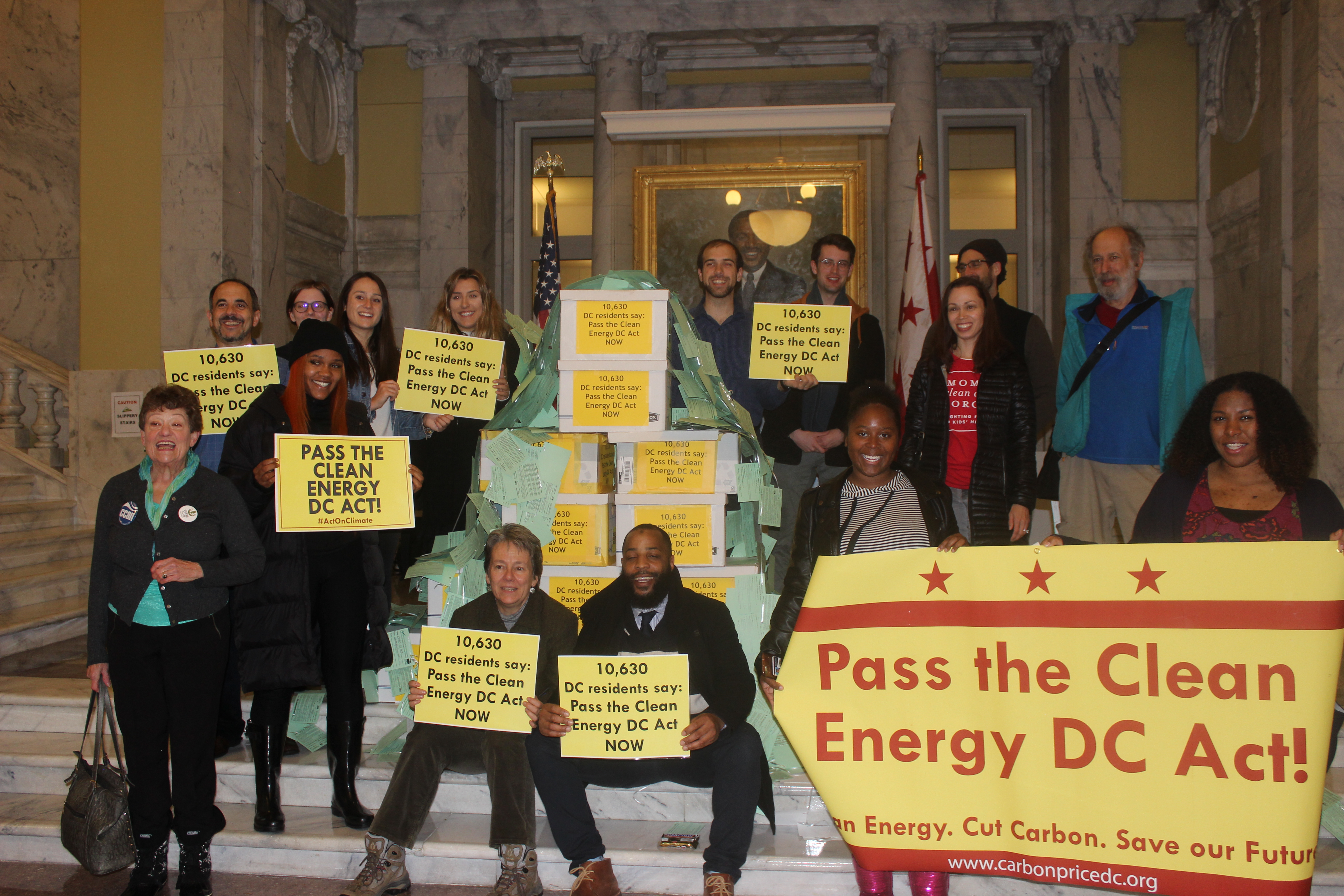
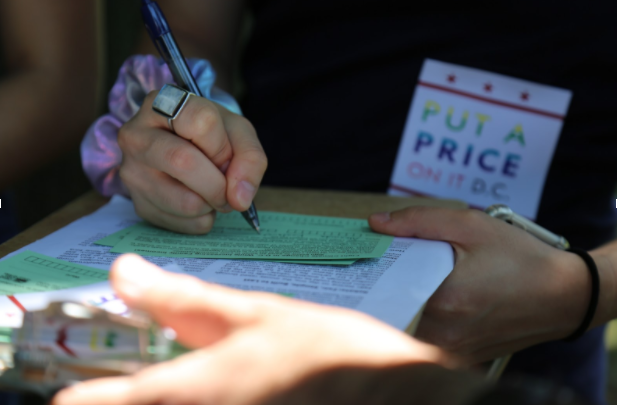
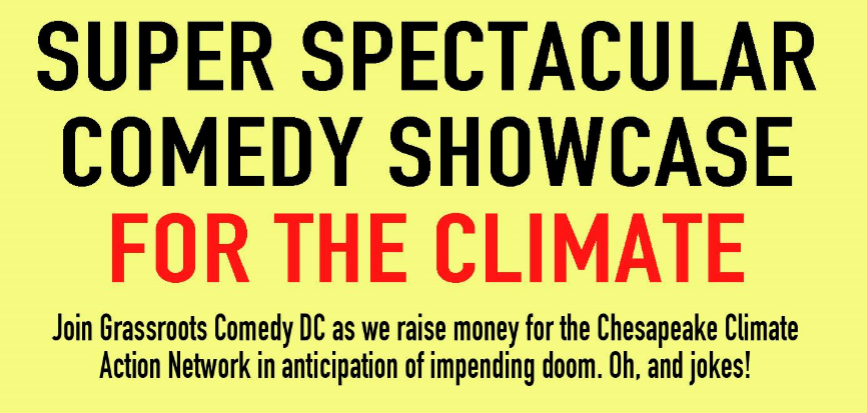

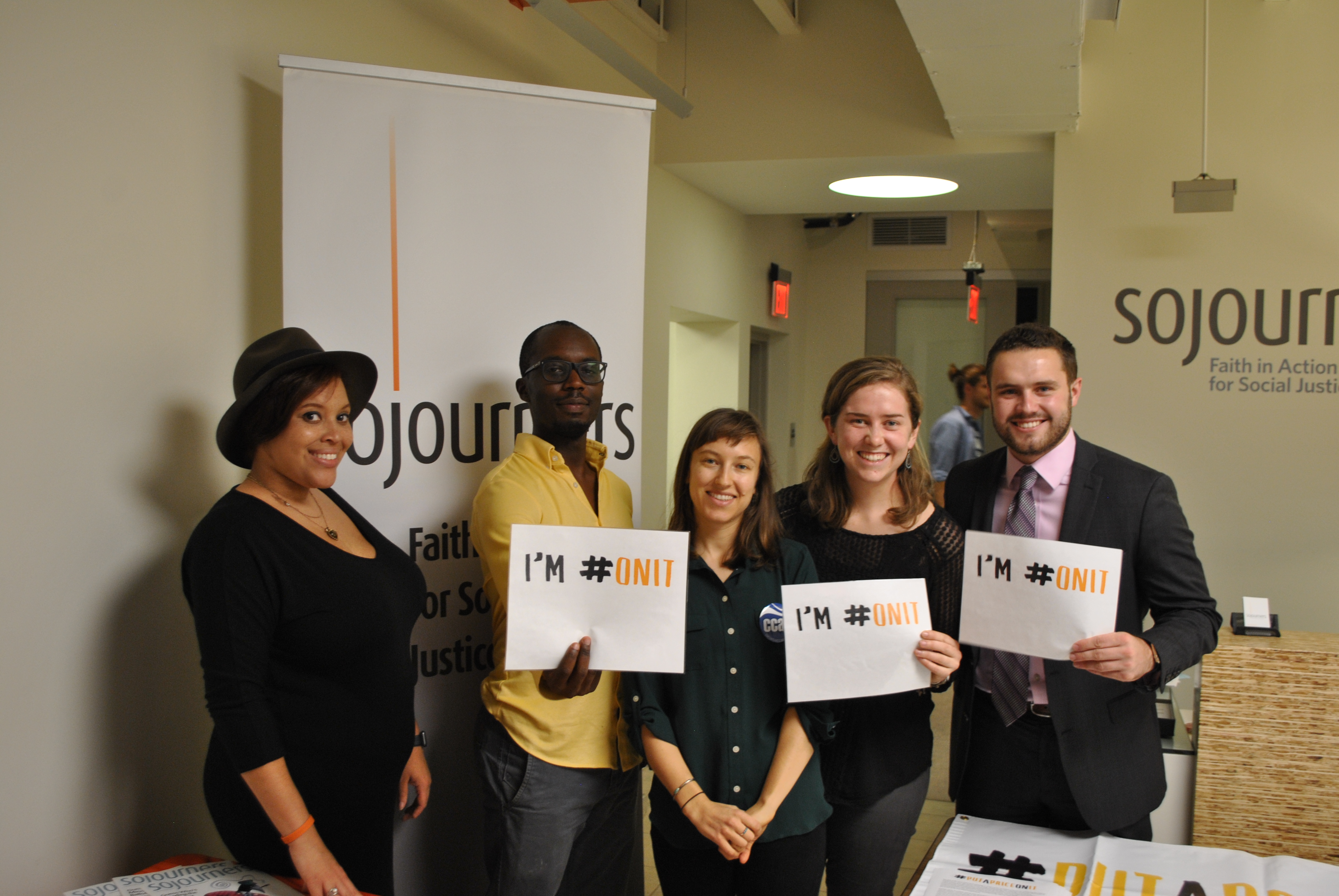




 Jeremiah is a Washington, D.C. native and a 2008 graduate of the University of Maryland. He is a labor activist and environmental activist, that has worked on issues ranging from workers’ rights to expanding green spaces in DC to early childhood education. Jeremiah also worked with and organized low-income residents in the Washington, DC area on the issues of political empowerment, sustainability, and organizing.
Jeremiah is a Washington, D.C. native and a 2008 graduate of the University of Maryland. He is a labor activist and environmental activist, that has worked on issues ranging from workers’ rights to expanding green spaces in DC to early childhood education. Jeremiah also worked with and organized low-income residents in the Washington, DC area on the issues of political empowerment, sustainability, and organizing.